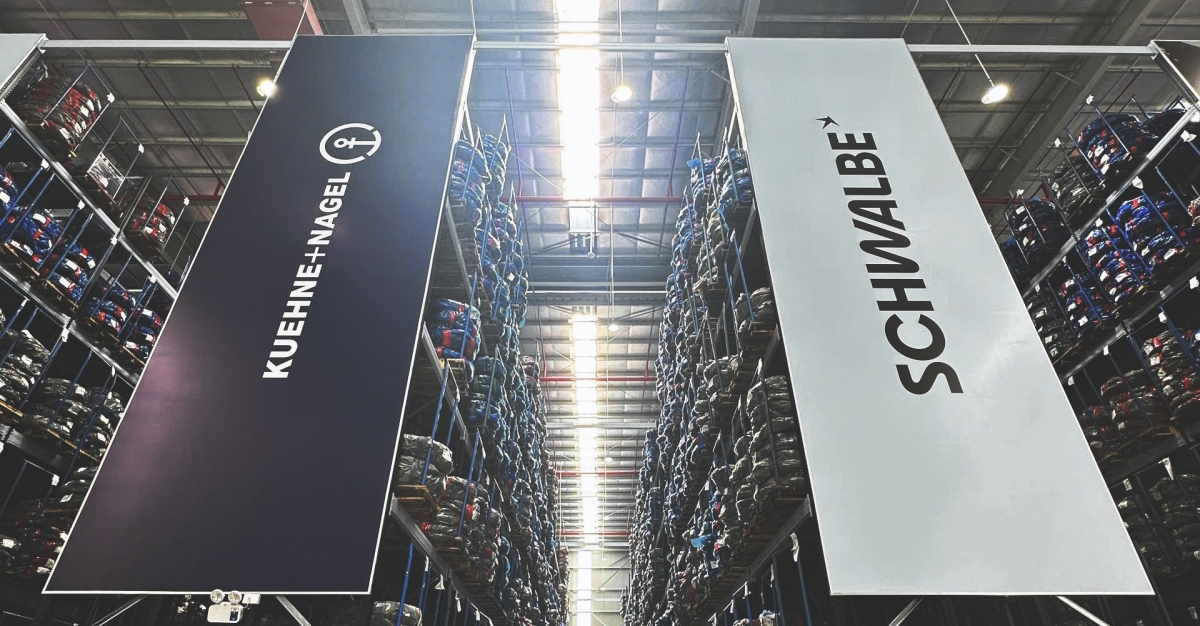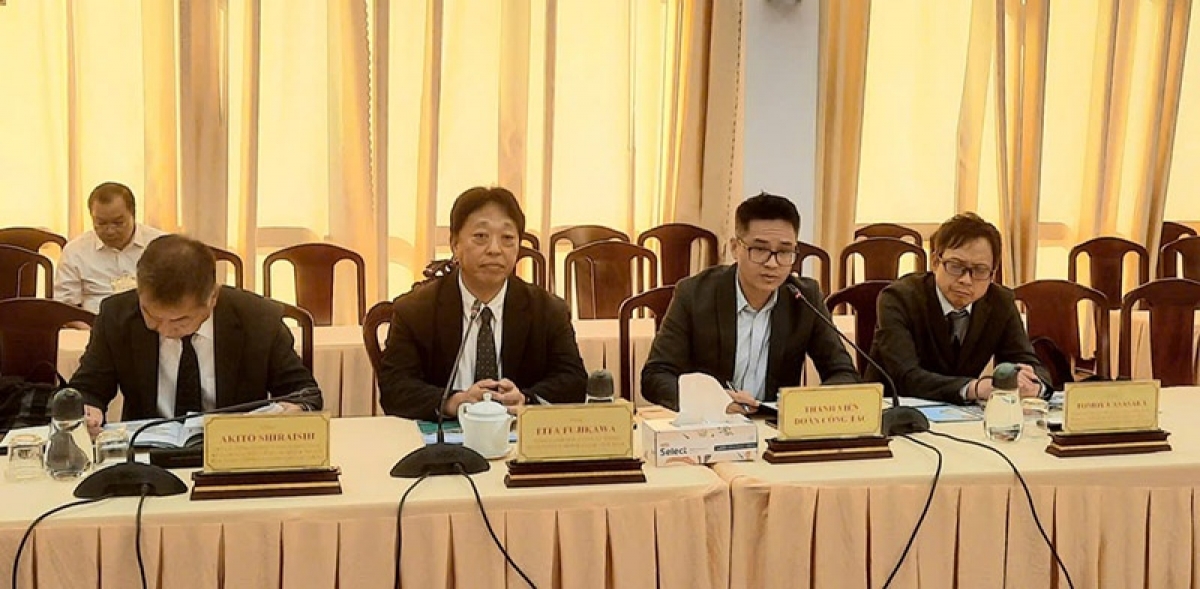INTERNATIONAL INVESTMENT
AND PORTAL
Localities nationwide are eager to accelerate the construction of industrial parks to welcome new foreign investment capital inflows in 2023.
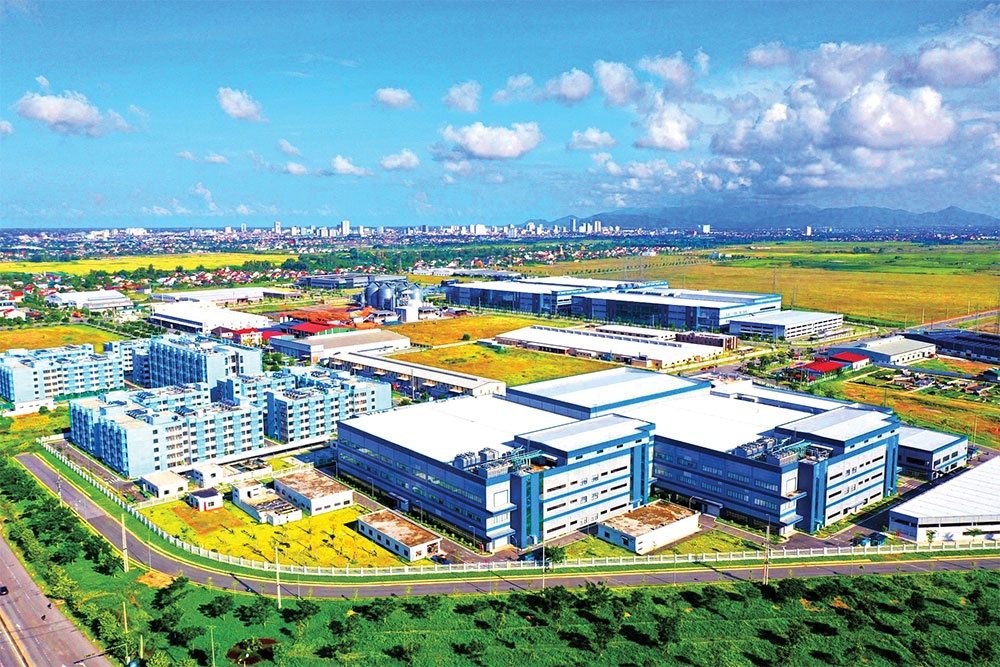 New industrial parks will open the floor for a raft of new businesses to invest here, photo Le Toan
New industrial parks will open the floor for a raft of new businesses to invest here, photo Le Toan
Chairman of Haiphong People’s Committee Nguyen Van Tung hosted a meeting in the northern port city to listen to reports on the construction process of industrial parks (IPs) in the city on February 7.
Afterwards, Tung asked Tien Thanh Investment Industrial Zone JSC, the investor of Tien Thanh IP, to pay a deposit of VND100 billion ($4.38 million) to Tien Lang People’s Committee for land clearance, and to simultaneously ask the developer to complete procedures and start construction of the IP in May.
He also asked the investors of DEEP C 3 Industrial Zone which has Belgian investors, to accelerate the construction of items in the cleared area. He also required Haiphong Economic Zones Management Authority to speed up the adjustment of local planning to be suitable for the zone’s expansion.
In addition, he urged local authorities to cooperate with each other to accelerate the land clearance of Vietnam-Singapore Industrial Park, An Duong, and Trang Due 3, among others, so investors can start the construction of the IPs this year.
The neighbouring province of Hai Duong is simultaneously deploying infrastructure construction or expansion of six IPs: Gia Loc, An Phat 1, Kim Thanh, Tan Truong, Dai An, and Phuc Dien.
According to Hai Duong Industrial Zones Management Authority, the area of these six IPs is equal to 77 per cent of the area of 11 operating. New IPs are expected to create great advantages in attracting investment for the province because in recent years, the number of new projects investing in existing IPs was limited due to a lack of land.
The demand for renting land and even developing new IPs, is still large. Thus, many industrial real estate developers are just waiting for the cleared land to develop their projects. For example, the southern province of Dong Nai has planned nine IPs, which are waiting for either licences or cleared land.
At present, seven of these nine IPs have investors, and they are waiting for the appraisal from the Ministry of Planning and Investment as well as the approval to switch the land use purpose, which is currently forestry and rubber plantations.
A deputy general director of a Japanese-invested IP in Dong Nai told VIR, “Despite the complicated situation, the company’s plans to expand operations in Vietnam have yet to be impacted because we always have a long-term investment vision. We have plans to develop an additional IP every three years, with an average area of 300 hectares. We can handle the capital, and are just concerned about the administrative procedures and land.”
“In the south, especially the southeast, the demand for renting industrial land is large, and the only problem is whether IPs have big enough land to meet the demand,” she added.
In the context of a land shortage, the government has moved to expand master plans for IP development. Notably, Deputy Prime Minister Le Minh Khai signed a decision on February 3 to approve the Ministry of Planning and Investment’s proposal to add four IPs in the northern province of Ha Nam into the country’s master plan.
The DPM has also asked that preparations for ventures in developing infrastructure at IP to ensure investment attraction and land use efficiency, with priority given to the development of new IP models. The IPs will contribute to diversifying industrial real estate supply sources.
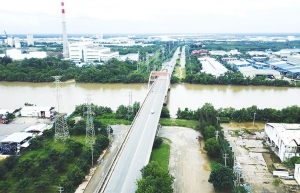 Waste criteria lacking for nation’s IPs
Waste criteria lacking for nation’s IPs
Vietnam’s industrial parks are in the process of transitioning to more ecological models, but are struggling due to a lack of regulations on reusing treated waste and wastewater.
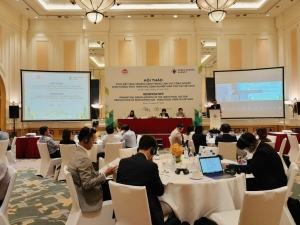 Eco-industrial parks to become inevitable trend
Eco-industrial parks to become inevitable trend
Vietnam will continue to encourage investors to both develop eco-IPs and transition from traditional to ecological ones, which is set to contribute to the national target of reducing greenhouse gas emissions.
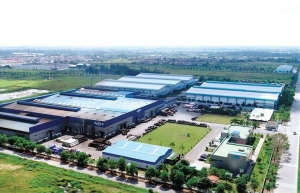 New ventures underpinning Hai Duong’s prosperity
New ventures underpinning Hai Duong’s prosperity
Foreign capital in the northern province of Hai Duong is increasingly prosperous, thanks to its attractive potential and incentives, as well as environmental reforms which enhance high competitiveness.
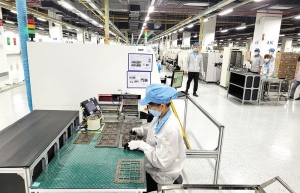 Illustrating the critical need for top eco-industrial parks
Illustrating the critical need for top eco-industrial parks
Vietnam is leaning towards international conventions when it comes to expanding its eco-industrial park strategy. Florian J. Beranek, lead expert of Responsible Business Development at the UN Industrial Development Organization, explains what this looks like, and how developers can be encouraged to go greener.
By Kim Oanh






